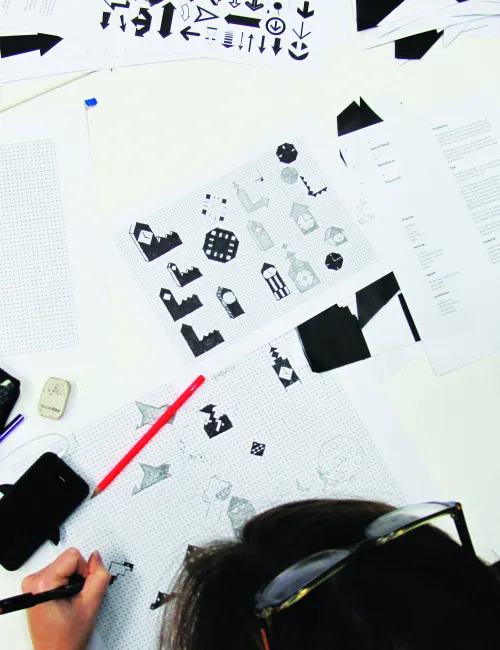What time management means when you're a working academic mum

Dr. Naureen Farhan, Course Leader in MSc Information Technology Management at Ravensbourne University London, recently had a piece published in SheCanCode about what time management looks like as a working academic mum. You can find this article below.
My mornings begin in the stillness before dawn — grounded in prayer and accompanied by a warm cup of tea or coffee.
These quiet moments are essential; they offer clarity before the chaos begins.
Not long after, the rhythm of the day quickens. I move swiftly into preparing school lunches, often while checking and responding to emails or messages left unread from the night before. It’s a multitasking ritual that sets the tone for what’s ahead.
Then, it’s go-time.
Whether I’m commuting to campus or working remotely, the rest of the day is a delicate balancing act: preparing lectures, attending meetings, handling administrative duties, and meeting fast-approaching research deadlines. It’s a full schedule that demands mental agility and emotional endurance.
Throughout my doctorate journey, and in my full-time academic role in higher education, I’ve learned — sometimes the hard way — that time management is far from a neat science. Add household responsibilities and, over time, one child, then two, it becomes a constantly evolving practice. Believe me, it’s a messy art of resilience, prioritisation, and keeping up with perfection.
There’s something unexpectedly energising about having a list of goals to reach, ticking them off, and then immediately setting your sights on the next. That forward momentum keeps me motivated, even when I’m running on very little sleep.
We are often expected to find balance, but achieving it is quite hard — especially when you’re passionate about progressing in your career and equally committed to being fully present for your children and family. The day might start with a lecture or a student meeting, continue through writing, then end with dinner and homework help. More often than not, once the kids are asleep, I’m back at my desk, trying to meet a research deadline or finishing up an idea before it slips away.
Yet despite the challenges, this lifestyle has positive upsides. It keeps me mentally agile and motivated. I always have a reason to push forward, both professionally and personally. Being a mum in academia means I’m constantly reflecting on how to be better: a better lecturer, a better researcher, and a more present, supportive parent. It also gives me a unique perspective. Working closely with students every day gives us insight into the emotional and academic challenges young people face, helping us anticipate and support our own children in a more informed and compassionate way.
Over time, I’ve redefined what success looks like. For me, it’s not just about climbing the academic ladder or publishing that next paper — it’s about also showing up for bedtime stories and school assemblies.
Time management, in this context, isn’t about perfection. It’s about persistence. Adapting, adjusting, and showing up — again and again, with intention, care, and a quiet belief that you’re doing your best on all fronts.
You can read the full article on the SheCanCode website by clicking on this link.



